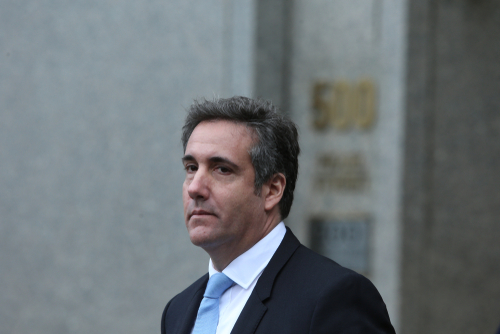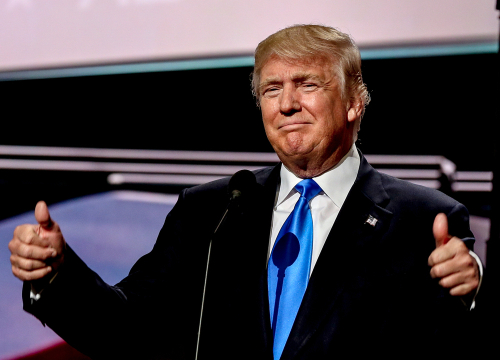Listen To Story Above
A dramatic fall from grace has marked the political career of Chrystia Freeland, who was once regarded as the second most influential figure in Canadian politics, subordinate only to Prime Minister Justin Trudeau. As both finance minister and deputy prime minister, Freeland’s trajectory from trusted advisor to political casualty reflects the volatile nature of Canadian politics.
Throughout her tenure, Freeland emerged as a pivotal force in Trudeau’s administration, spearheading crucial economic negotiations with international partners and steering Canada’s financial response during global crises. Her reputation for diplomatic finesse, particularly in U.S. trade discussions, initially strengthened her position within the government. However, her close alignment with Trudeau’s leadership eventually became a liability as public opinion turned against the administration.
The implementation of contentious economic policies became a significant factor in Freeland’s declining influence. As the primary strategist behind the Liberal government’s financial initiatives, she faced mounting criticism from opposition parties and citizens alike. The policies she championed were increasingly blamed for Canada’s economic challenges, including escalating inflation rates and growing financial pressure on households.
Do YOU want to know a secret?
Freeland is a class warfare warrior, who until 3 weeks ago was a carbon tax enthusiast, froze Canadian banks accounts and lectured people about cutting Disney+.
She was #2 in a government that for 9 years destroyed our national pride 🇨🇦, our… pic.twitter.com/qVRukmhBtw
— Melissa Lantsman (@MelissaLantsman) January 18, 2025
As Trudeau’s popularity waned, political observers noted Freeland’s apparent attempts to establish her own leadership credentials within the Liberal Party. Sources indicate she attempted to create distance from Trudeau’s administration while maintaining her public role. This strategic maneuver proved unsuccessful, alienating party stalwarts without winning over skeptical voters who remained critical of the Liberal Party’s direction.
The rise of conservative challenger Pierre Poilievre coincided with Freeland’s political decline, culminating in a decisive electoral defeat. Her unsuccessful attempt to position herself as Trudeau’s successor highlighted the extent of public dissatisfaction with the Liberal government’s policies and leadership.
In the aftermath of her departure, the Liberal Party faces an uncertain future as it attempts to navigate a transformed political landscape. Freeland’s exit from national politics represents not just a personal setback but also symbolizes the broader challenges facing Canada’s Liberal establishment.
Freeland threw Trudeau under the bus.
Essentially called him woke. After supporting him for nearly a decade. 🤣
And she did this, on the Bill Maher show.
Why doesn’t she say or do any of this in Canada? Why is she pandering to US audiences? 🤔 pic.twitter.com/WaqJECoAU5
— Mario Zelaya (@mario4thenorth) March 2, 2025






